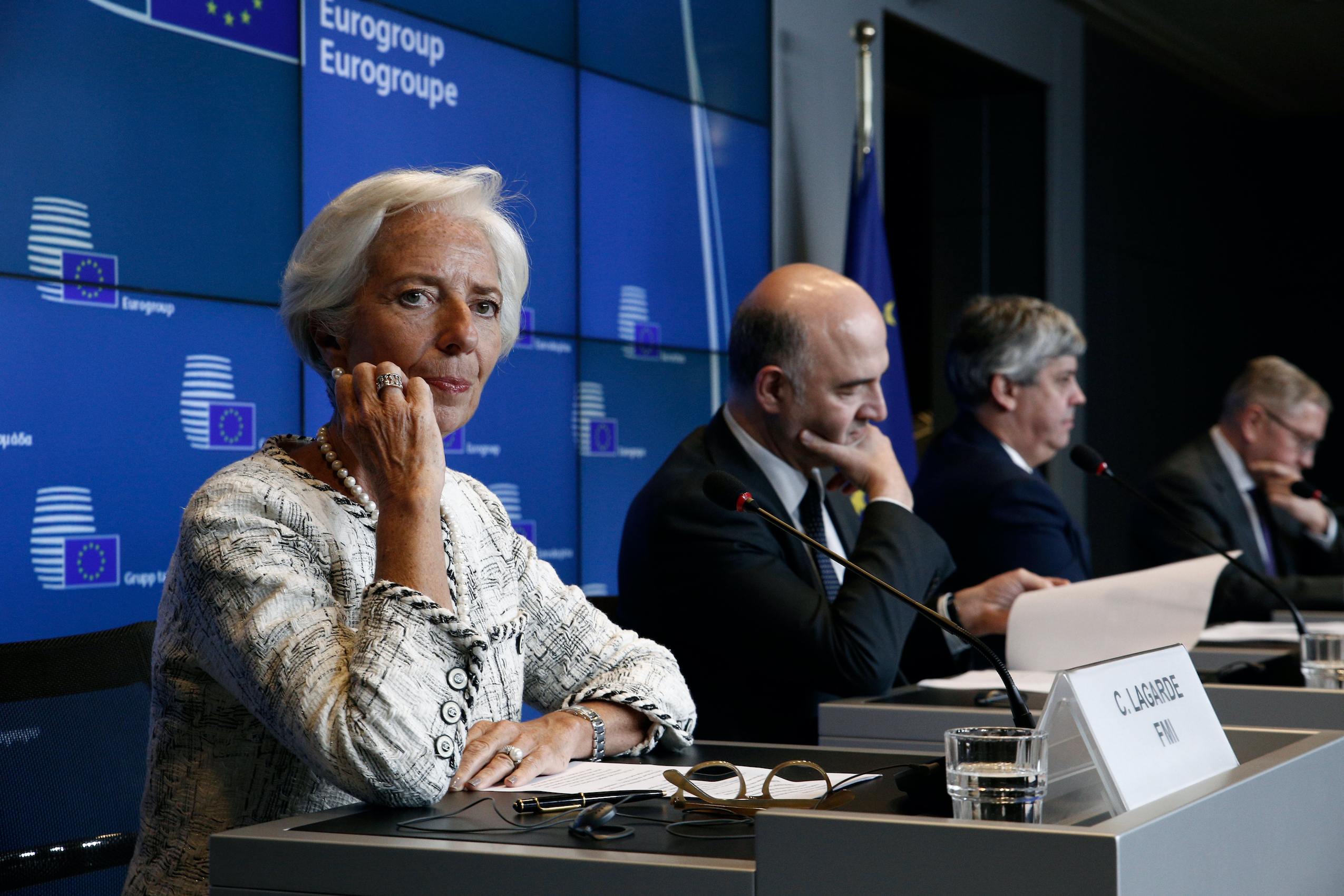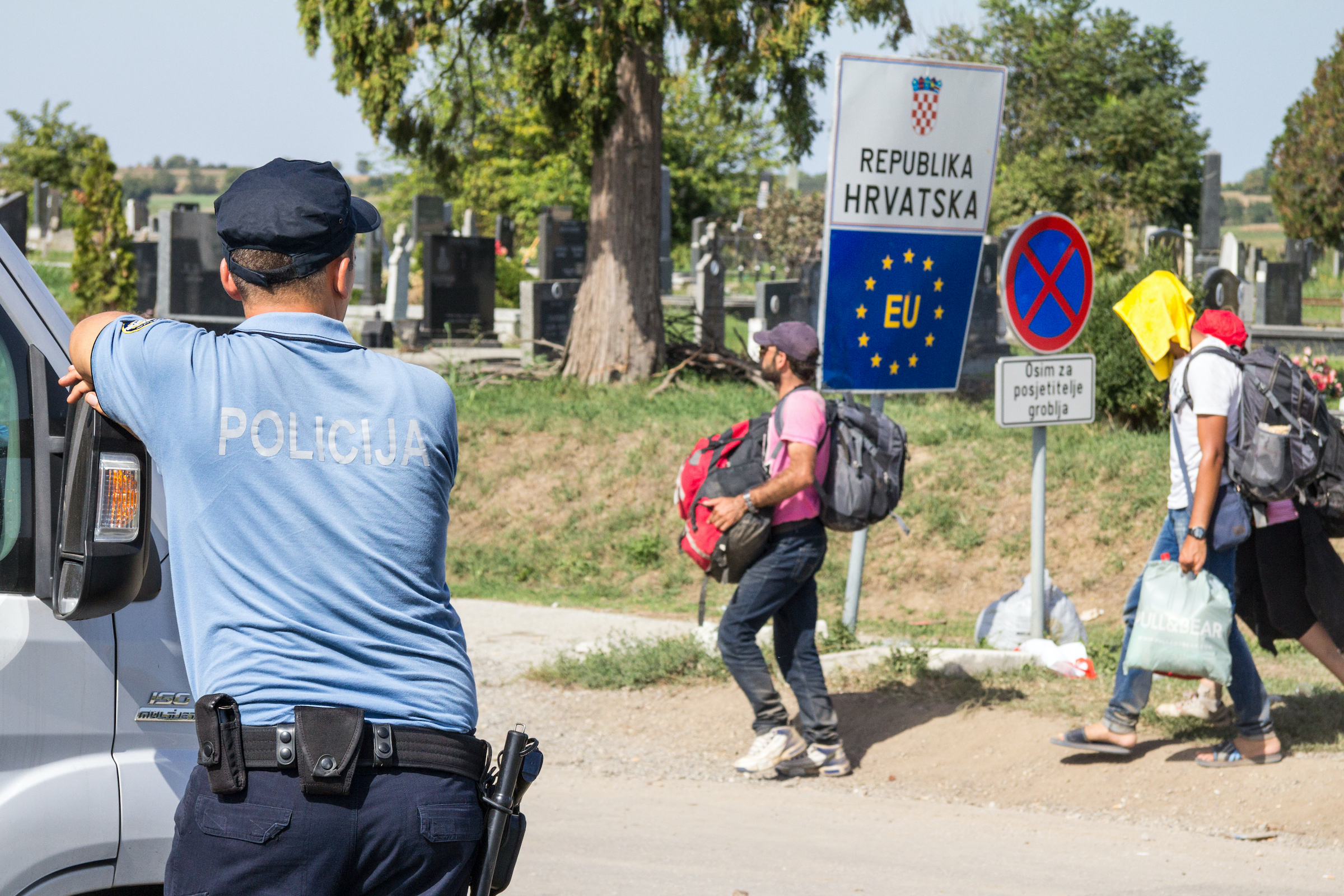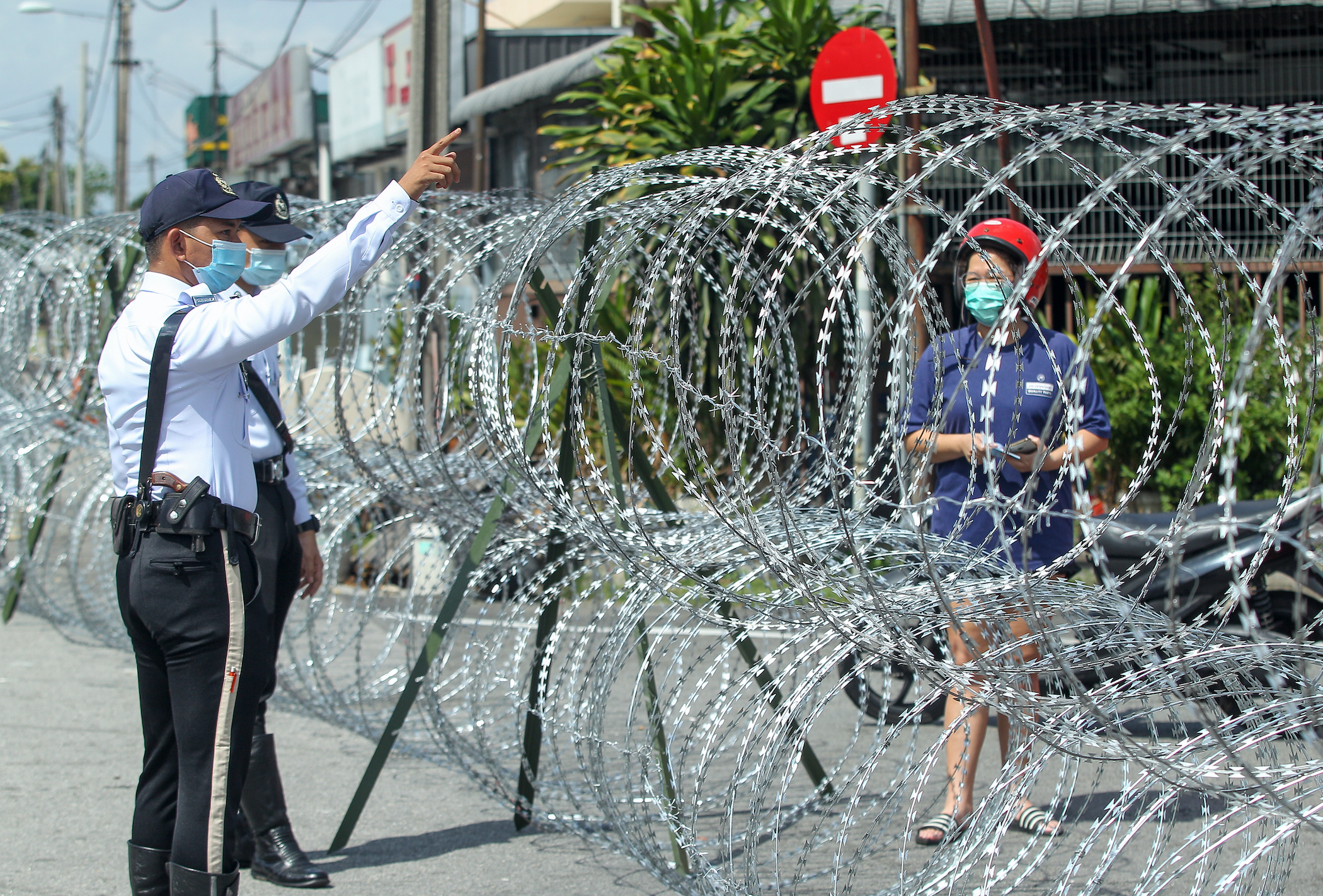One form of emergency politics we might expect to see would be the exceptionalism of supranational institutions. For example, in the 2010s, in and around the European Union we saw something called the troika, which was a compound executive that was made up of representatives of the European Commission and the European Central Bank but also the International Monetary Fund. It was of the European Union, but not entirely of the European Union and not exclusively of the European Union. This was a form of authority that was an exceptional measure for the exceptional times of the eurozone crisis.
New global powers, transnational order and exceptional measures
Professor of Politics
- Today’s transnational institutions and legal orders may give rise to new forms of emergency rule.
- One example of the exceptionalism of supranational institutions was the European troika; many were concerned that the troika was overriding the rights of EU States.
- Emergency politics is commonly intended to show strength, but there is often weakness behind exceptionalism.
New forms of emergency rule
Emergency rule has traditionally been conceptualised in connection with the State – or the city-state, the Republic of Early Renaissance Italy or the Roman Republic. But what we see today is the possibility that emergency politics migrates to other types of political authority. In an age of transnational institutions and legal orders such as the European Union and the United Nations, as well as more technical agencies such as the World Health Organization, it would be surprising if this growth in new forms of political authority were not accompanied by the emergence of forms of emergency rule similar to what we encountered in the State and other earlier contexts.

Photo by Alexandros Michialidis
The European troika
The troika was constituted as a way of both reassuring the markets in general and pressuring for changes in the national economies of particular eurozone countries like Greece, Italy or Ireland. The troika was an exceptional vehicle to push for change in these countries in a way that might help to stabilise the eurozone and to move things beyond the eurozone crisis of the 2010s: an exceptional institution for what were seen as exceptional times.
That is one way in which emergency politics can go beyond the State – often with troubling consequences. Many people observed at the time that the troika was working outside EU law and diminishing the sovereign rights of States. Whereas historically emergency rule might often be about waiving the rights of individuals, here in the transnational context it’s often about waiving the rights of States and State sovereignty.
States acting in concert
There might be other forms of exceptionalism at a transnational level which aren’t necessarily focused on supranational institutions like the European Commission or the European Central Bank, but are examples of States acting in concert to get around the constraints of the European Union and its legal structures. Again, the eurozone crisis would be an interesting place to look.
Many of the emergency loans of 2011 were conducted outside of the European Union and its legal structures, to avoid some of the normal constraints that might otherwise apply. This was done to avoid having to put measures past national parliaments or the European Parliament, to avoid thresholds of unanimity or to avoid having to change the treaties of the European Union. This was not necessarily conducted by supranational institutions; it was often centred in the European Council, which is more like an intergovernmental institution. But again, it has the flavour of emergency politics: it’s exceptional measures taken outside the normal procedures and legal constraints of the European Union in the name of warding off exceptional threats at a particular moment in time.
Unilateral emergency politics

Photo by BalkansCat
Finally, there are other forms of emergency politics that relate to transnational politics, where individual States unilaterally suspend particular policy regimes or legal obligations. In 2015, the increase of migration into Europe from the Middle East and the European periphery was accompanied in many countries by the suspension of the Schengen regime and the installation of national borders to free movement that otherwise would not hold.
This could be seen as a form of unilateral emergency politics. It’s different from the old model of State emergency politics because its reference point is transnational policy regimes. But it takes the form of individual States suspending such regimes, rather than collectively departing from them, so as to counter something viewed as a problematic situation, in this case the movement of people.
The World Health Organization and emergency power
There’s been plenty of research on the World Health Organization and its handling of crises prior to the coronavirus pandemic, such as the SARS epidemic earlier in the 21st century, and how this was a moment when supranational institutions took on more power. Whatever the merits may have been at the time, many people have argued that the WHO acquired too many powers too quickly in that period. Clearly, that can have complex legacies later on. The same scenario could be repeated. Conversely, those institutions might become wary of taking on the powers that one might want them to take, or governments might become wary of giving them greater powers.
This can lead to an inverse effect of the under-empowerment of transnational institutions in moments where, for some people, they should have been more empowered, as in the most recent pandemic. But very often, and certainly in the EU case, one of the problematic legacies is that you see both supranational institutions and States acting in concert, taking on new powers which they don’t quickly abandon afterwards, and using those powers to remake the structure of European economies, while doing damage to political norms and the rights of individuals, associations and States.
Displays of strength and signs of weakness

Photo by Djohan Shahrin
Emergency politics can often be seen as a display of strength. Although, on the one hand, it is a response to a material set of challenges, at the same time, it has to be seen as a performance or at least something with performative aspects. Certainly, in crises where a display of power might influence the outcome, this is often on the minds of the executive powers involved.
They want to show themselves as able to restore order, able to command the attention and respect of certain relevant others – whether those are economic actors, a warring party or a domestic population – to convince them that the State is in control and executive powers are strong. Conventionally, one would often see emergency politics as requiring actions that are decisive, interventionist and so on, but also intended to display those qualities of strength. However, looking more closely, one will often see some kind of underlying weakness behind exceptionalism in all its forms.
A politics of credibility
In the European context mentioned previously, that weakness might be the weakness of political authorities relative to financial markets and the interpreters of financial markets: ratings agencies and so on. Much of the exceptional measures of the 2010s in the eurozone crisis were efforts to show that political authorities could still call the shots; they could still take measures that would restore confidence to the markets. Facing doubts about whether political institutions were still in command in moments of emergency, it became possible to try and assuage those doubts and to show that, yes, they were still able to command the situation.
In contexts such as the migration crisis – where, again, for reasons good or bad, the template of emergency politics is deployed – one might say it’s the weakness of governing parties relative to far-right opposition parties pressing them to take more dramatic measures against migration, in defence of national boundaries. It’s a form of politics concerned with restoring the credibility of institutions when that credibility is in question, whether it’s challenged internationally or domestically.
Discover more about
New Global Powers
White, J. (2020). Europeanizing ideologies. Journal of European Public Policy, 27(9), 1287–1306.
White, J. (2018). The Ethics of Political Alliance. British Journal of Political Science, 48(3), 593–609.
White, J. (2014). Transnational Partisanship: Idea and Practice. Critical Review of International Social and Political Philosophy,17(3), 377–400.